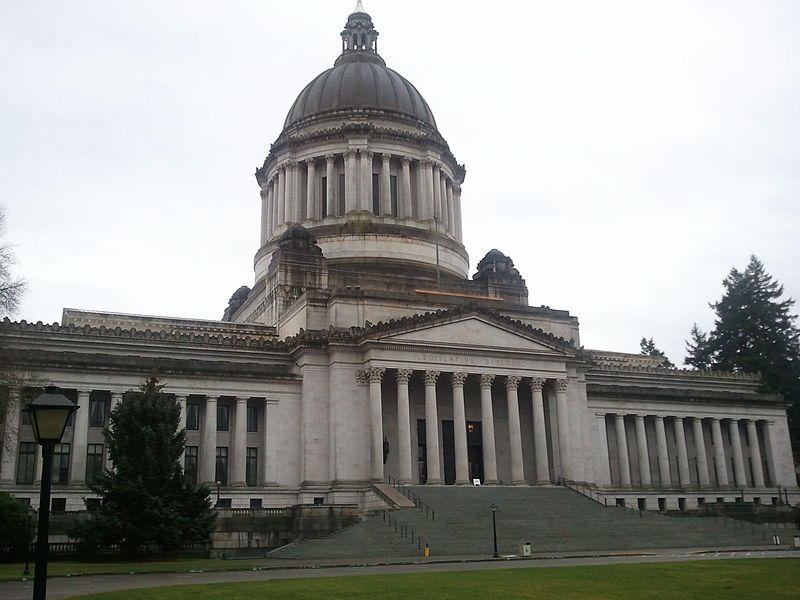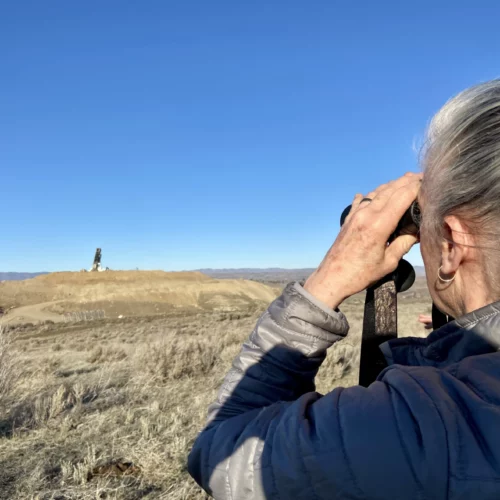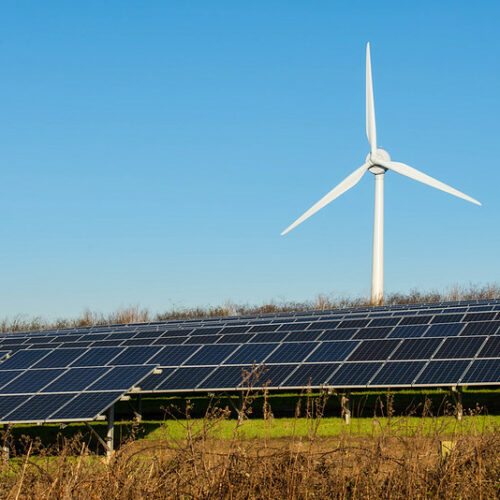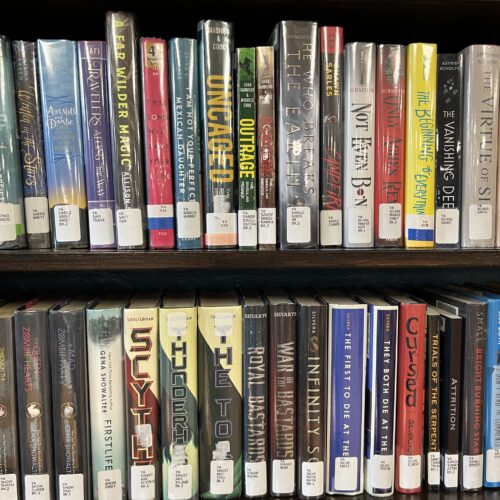
Washington Homeowners Will Likely Get Some Property Tax Relief Next Year
Listen
Washington homeowners would get some property tax relief in 2019 under a bill that passed the Democratically-controlled Washington state Senate on Wednesday evening over Republican objections. The bill is part of a final budget deal reached with the House as the Legislature heads toward a scheduled adjournment on Thursday.
The tax relief bill calls for a one-time property tax cut of 30 cents per $1,000 assessed value in 2019, or a total of about $391 million statewide. Democrats would pay for the cut by siphoning off new “extraordinary” state tax revenues before they’re deposited in the state’s constitutionally-protected rainy day fund.
Democrats would also use dollars bound for the rainy day fund to comply with a Washington Supreme Court order in the McCleary school funding case. In November, the court said lawmakers were nearly $1 billion short in fully funding teacher and staff salaries by the 2018-19 school year.
Because of better than expected tax collections, Washington is projected to have $3.7 billion in restricted and unrestricted reserves by the end of the current budget cycle. The property tax cut and education funding combined would draw down this amount by about $1.3 billion leaving approximately $2.4 billion in reserves.
The Democrats’ plan to redirect tax revenues before they reach the rainy day fund prompted minority Republicans to accuse them of sidestepping a constitutional obligation.
“This is a horrible mistake,” Sen. Jan Angel said during a lengthy debate on the Senate floor that began midday, was later suspended pending a parliamentary ruling and then resumed in the evening.
The proposal also led the Republican state treasurer to warn the move could jeopardize the state’s bond rating.
“I urge the Legislature to not start a terrible precedent of diverting Rainy Day funding,” Treasurer Duane Davis said in a statement.
Senate Democrats acknowledged the unprecedented nature of their plan, but defended it in light of last year’s property tax hike to pay for public schools.
“It is true when we give the money back to the taxpayers, it’s not going into the rainy day fund,” said Sen. Christine Rolfes, the chair of the Ways and Means Committee. “[But] it was unprecedented that we raised the property taxes so high last year. I think we all regretted that.”
Last year, when Republicans controlled the state Senate, lawmakers voted to increase the state property tax levy by more than 80 cents per $1,000 of assessed value. The property tax increase was the linchpin in a hard-fought plan to comply with the Washington Supreme Court’s finding in the McCleary case that the state was not amply funding public schools as required by the state Constitution.
A corresponding reduction in many local school levy rates won’t kick in until next year. That’s resulted in sticker shock for many property owners as they get their 2018 property tax bills.
Besides not liking how Democrats fund the property tax break, Senate Republicans argued it was too little, too late since it wouldn’t take effect until 2019. A proposed amendment from Sen. Doug Ericksen would have boosted the tax cut to nearly $1 billion and made it effective this year.
In rejecting Ericksen’s amendment, Democrats argued that because 2018 property tax bills have already gone out it would be unworkable for local tax assessors to retroactively cut those taxes.
The final vote on the property tax measure was delayed on Wednesday afternoon after Republicans challenged whether the bill could pass with a simple majority vote—and not the super majority vote required to spend rainy day funds. Lt. Gov. Cyrus Habib, who presides over the state Senate, ultimately ruled the bill could pass with a simple majority.
It cleared the senate on a party line vote of 25 to 23. The property tax relief measure now goes to the House.
Related Stories:

Washington state bill could strengthen regulations, increase fines for ‘troublesome’ landfills
While hiking, Nancy Lust, with Friends of Rocky Top, watches a truck dump waste into a landfill in Yakima County. Lust lives near the landfill and has fought to learn

This bill could give Washington tribes, communities more say in wind, solar development
A new bill making its way through the Washington Legislature would require county and tribal approval for new wind and solar projects that go through the state’s Energy Facility Site

Washington state bill could change how rural communities could work to close a library
Young adult books at the Columbia County Library. Some people have requested to move the YA section into the adult section because of what they call “obscene” material in 100















